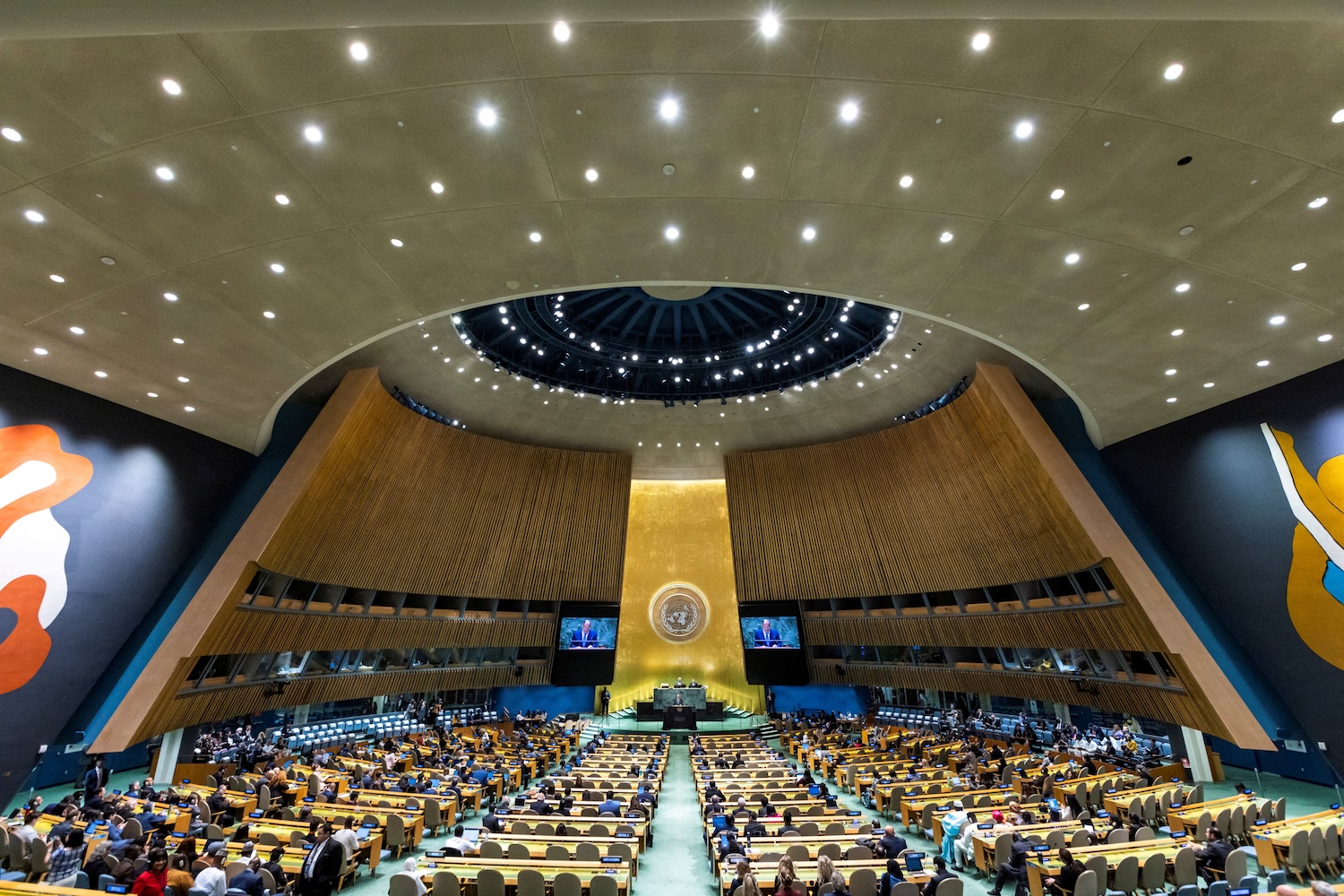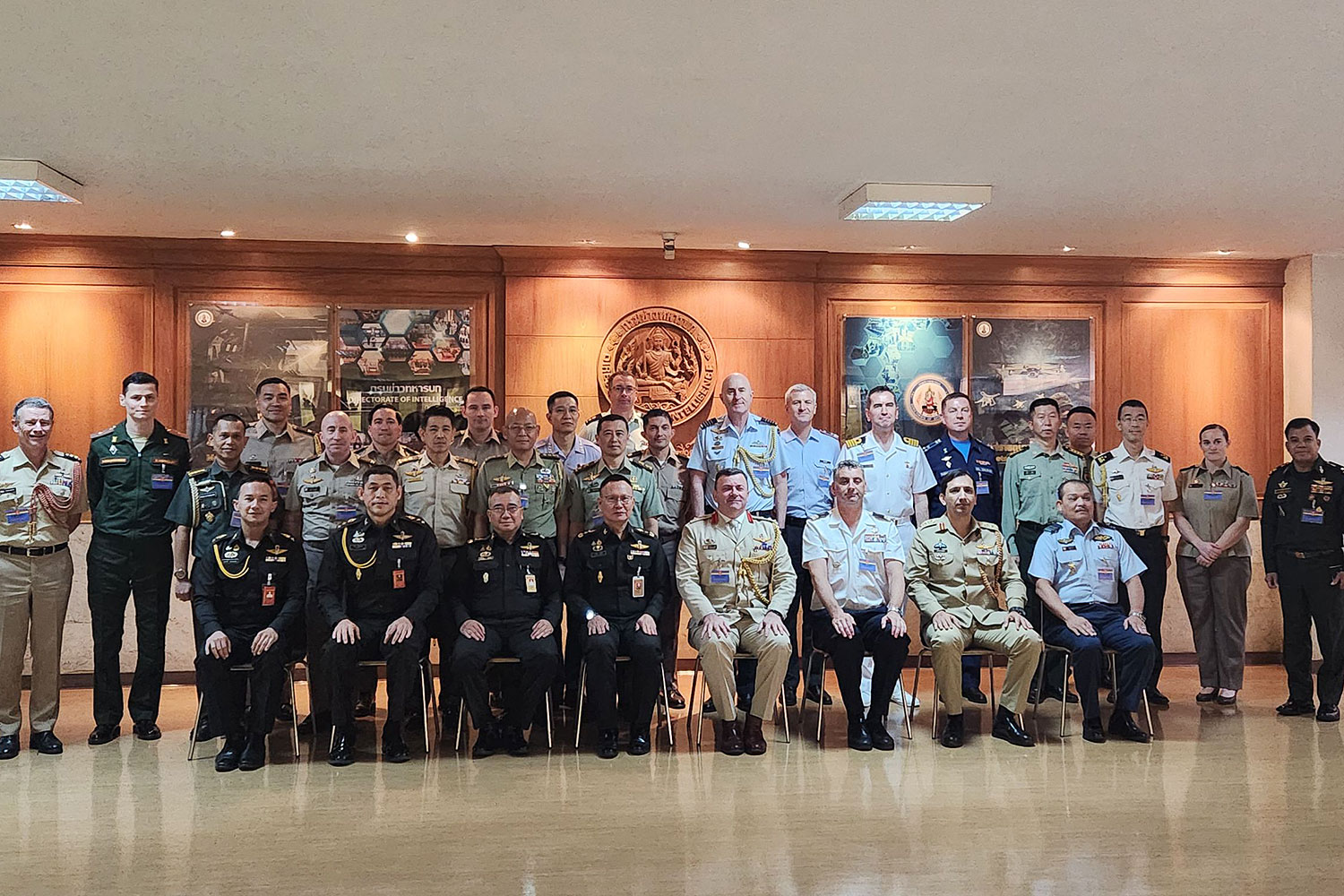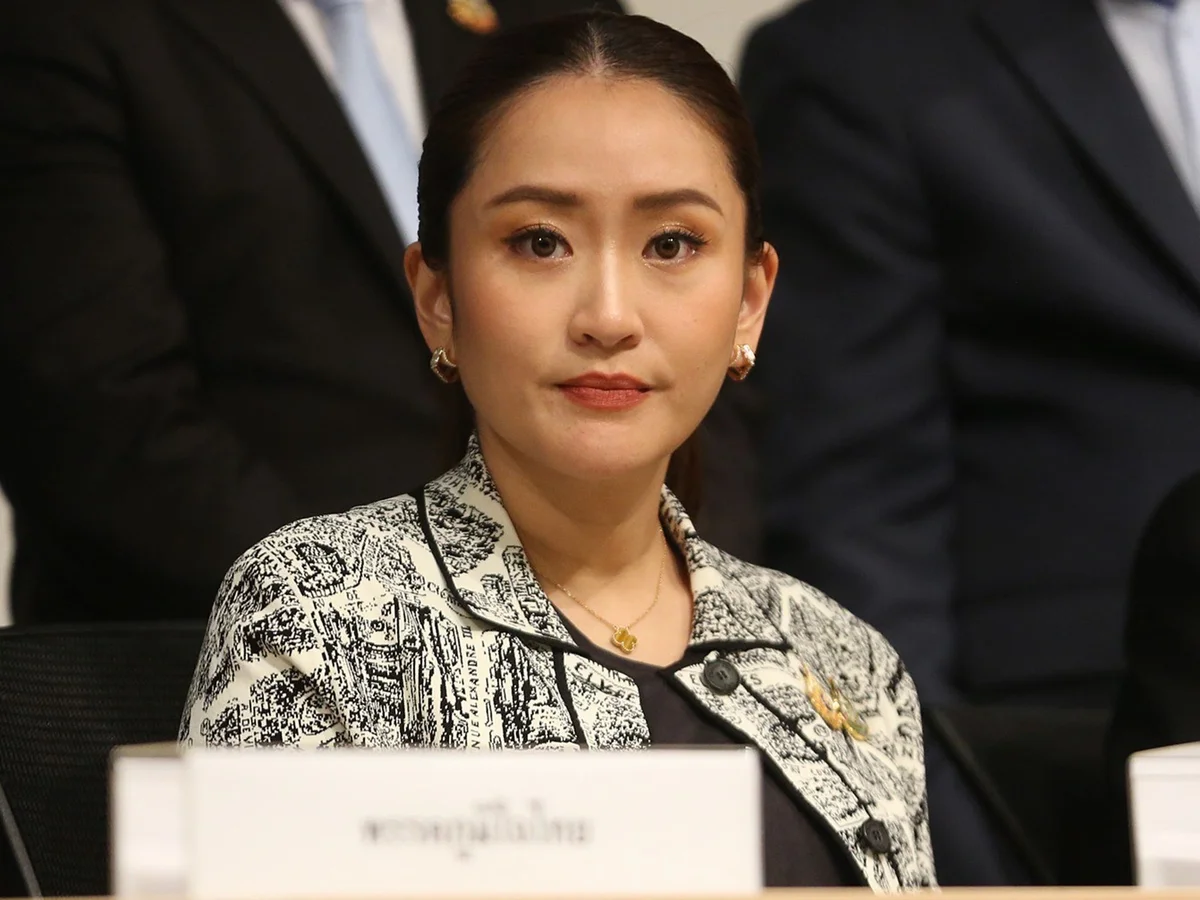Thailand’s Election to the UN Human Rights Council
Recent Developments
Thailand has successfully secured a seat on the United Nations Human Rights Council (UNHRC) for the term 2025-2027, commencing January 1, 2025. This election, held during the UN General Assembly in October, saw Thailand receiving 177 votes, placing it at the forefront among candidates vying for the available positions. Despite this achievement, concerns regarding Thailand’s human rights record have been raised by various activists and organizations.
The Need for Improvement in Human Rights Practices
Criticism of Current Standards
Sunai Phasuk, a senior researcher at Human Rights Watch, emphasized that Thailand’s human rights practices do not currently align with the standards expected of UNHRC members. He noted that member countries should have established mechanisms to protect civil, political, and cultural rights consistently. Critics argue that Thailand’s recent actions, including the dissolution of the Move Forward Party and the treatment of political detainees, highlight significant deficiencies in its human rights record.
Historical Context and Ongoing Issues
Thailand’s history of human rights abuses includes increased convictions under sedition and lèse-majesté laws, which have raised alarms among civil society groups. The government has faced backlash for its handling of political asylum seekers, often returning them to countries where they face persecution. This contradiction poses a challenge for Thailand as it seeks to establish credibility within the UNHRC.
Expectations Moving Forward
Government Pledges and International Scrutiny
In light of its new role, Prime Minister Paetongtarn Shinawatra has pledged to enhance the protection of human rights domestically and internationally. However, experts assert that tangible actions are necessary to fulfill these promises. The government must address recommendations from the Universal Periodic Review (UPR) and ensure that reforms are implemented effectively.
The Role of Civil Society
Civil society plays a crucial role in holding the government accountable. Activists argue that without significant changes in policy and practice, Thailand risks undermining its position on the council. Continuous monitoring and constructive criticism are essential to foster an environment where human rights are genuinely respected and protected.
A Path to Credibility
The Challenge Ahead
As Thailand embarks on this new chapter within the UNHRC, it faces considerable scrutiny regarding its commitment to human rights. The nation must demonstrate that it can uphold international standards while addressing its internal challenges. Only through genuine reform and adherence to human rights principles can Thailand prove itself worthy of its seat on the council.








